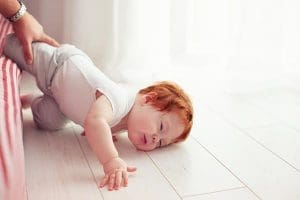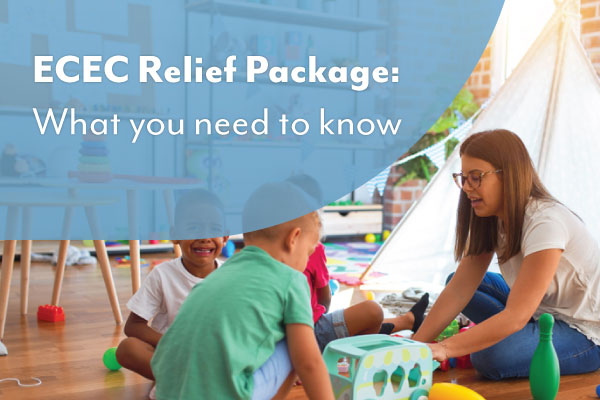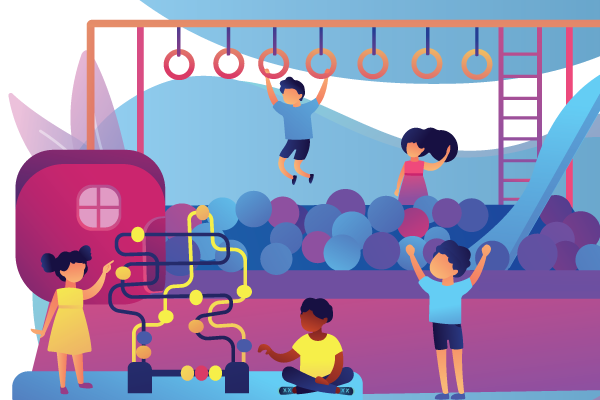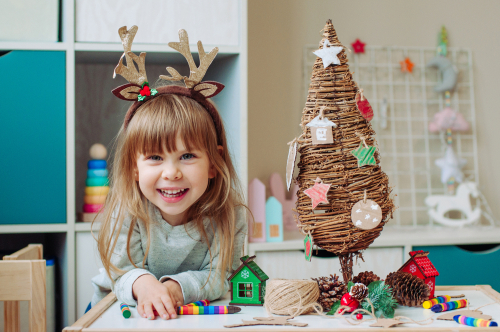
It is only natural for young children and babies to explore their environment. As they become more inquisitive and mobile, the risk of falls and bumps increases. Pre-school children quickly develop the ability and confidence to reach great heights, yet they don’t have any fear or understanding of the dangers of their explorations.
According to statistics by Victorian Injury Surveillance Unit from Monash University, falls are the most common cause of injuries to children in every age group in Victoria and each year there are around 31,000 emergency visits to hospitals. Approximately 6,000 of these children need to be admitted with serious injuries such as fractures and head injuries.
According to the Royal Children’s Hospital (RCH), the seriousness of an injury depends on three factors:
- The height the child falls from
Children under five should not have access to heights over 1.5 metres.
- The surface the child falls onto
Avoid hard surfaces, such as concrete, ceramic tiles and even compacted sand. A bed of tan-bark or pine mulch at least 30 cm deep is recommended under play equipment to provide a softer landing.
- What the child may hit as they fall
Sharp-edged furniture, such as coffee tables and bedside tables, should be placed in areas where a child is unlikely to fall on them.
Strategies for preventing falls
If you plan ahead and identify any potential hazards, you can reduce the number of slips, trips and falls. It is vital to put good safety management strategies in place and make modifications where required. And, of course, the most effective strategy is to supervise the children at all times.
It is also important to educate children, parents and staff members about injury prevention. You could discuss potential dangers in your facility, and how to easily minimise these, including:
- Tripping hazards
Create a clear area for play by removing tripping hazards from the floor, such as toys, rugs and electrical cords.
- Sharp corners of benches and tables
Pad them or remove them from the play area.
- Change tables
Never leave a baby unsupervised on a change table.
- Slippery areas
Some surfaces become extremely slippery when wet. It is important to wipe up spills quickly.
- Safety gates
Use a safety gate at the top and bottom of stairs.
- Play areas
The choice of equipment can make play safer so make sure playground equipment complies with current regulations.
- Tired, unwell children
Be aware that falls are more likely when a child is tired or unwell. It’s best to arrange quiet activities for these times.
Further information
Always dial Triple Zero (000) in an emergency.
RCH offers a telephone advice line during business hours on (03) 9345 5085. The RCH Safety Centre also provides an extensive range of online resources, including the Safety Centre’s most popular resource, the Home Safety Checklist.



